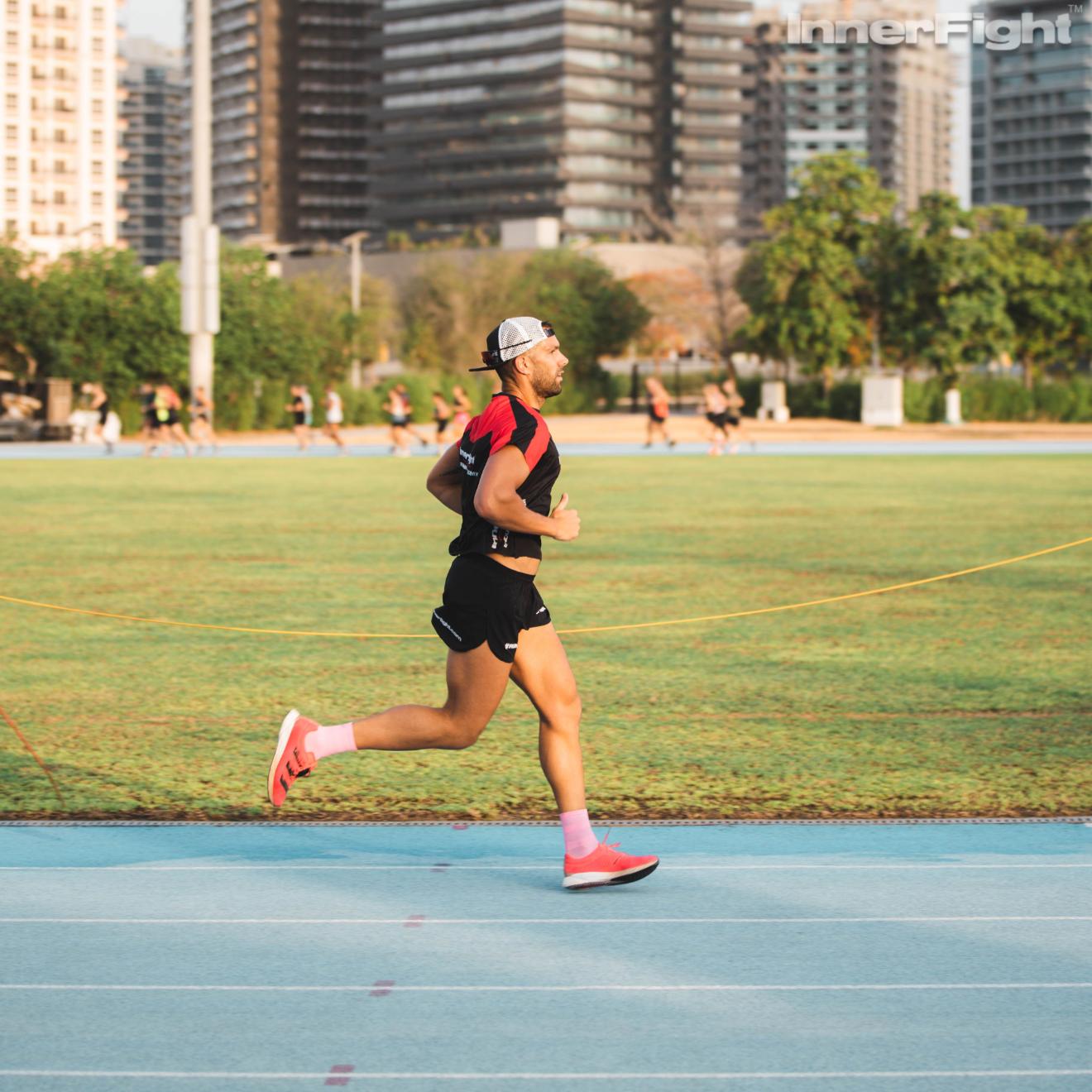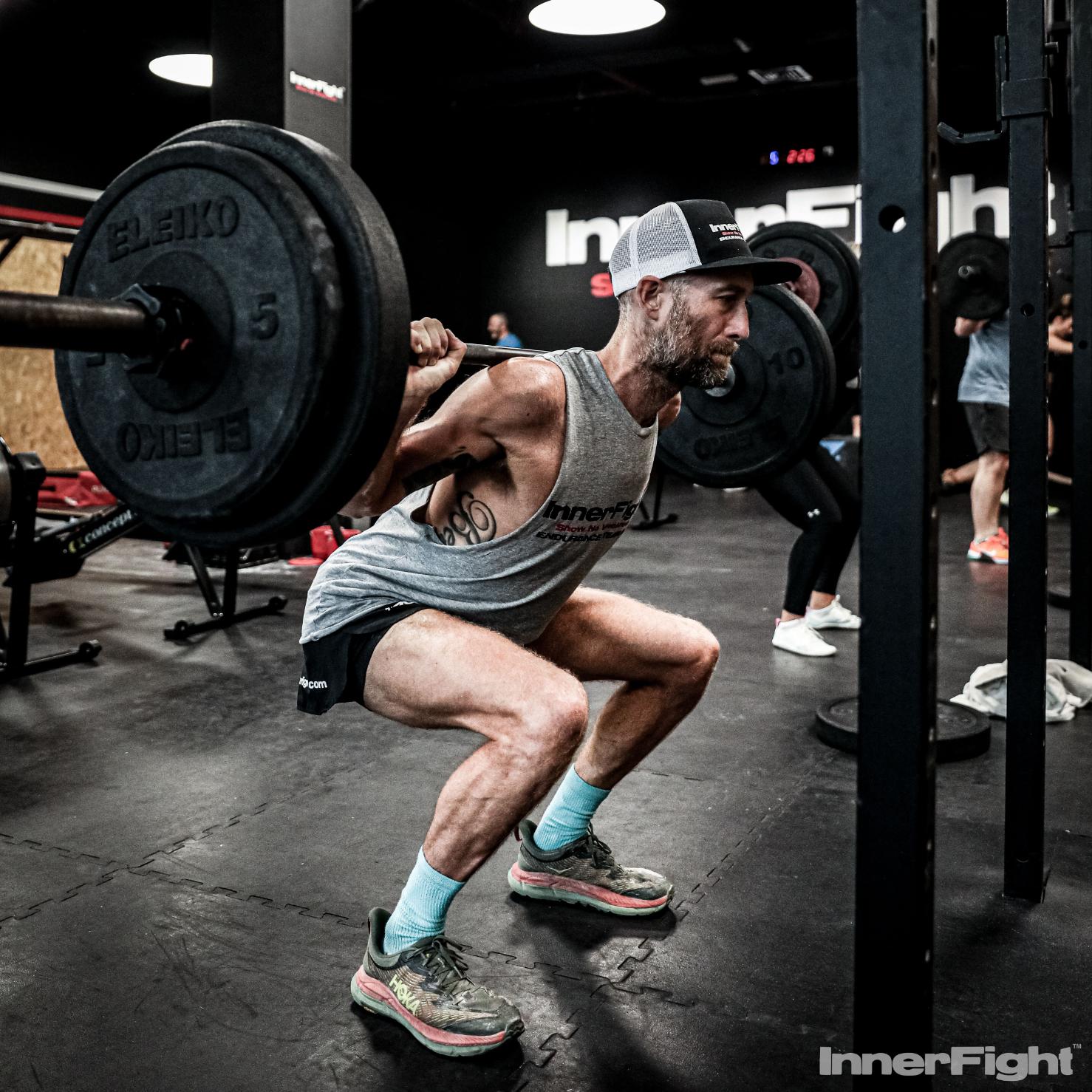Make Threshold Training Work for You
.avif)
Threshold training will often play a significant role in an athlete’s endurance program. A focussed threshold block, when properly implemented, can increase fitness levels in cyclists, runners and swimmers.
What is threshold training?
To most people, any type of ‘threshold training’ involves the maximum intensity someone is able to hold for up to 1 hour (if they’re cyclists or runners) or1-1.5K in the pool. However, we actually have two different thresholds and they’re both really important to understand.
The difference between lactate thresholds and ventilatory thresholds
You may have heard about the 1st threshold and 2nd threshold, or LT1/VT1 and LT2/VT2… these terms have become a lot more popular recently thanks to distance athletes using lactate measuring devices on YouTube.
LT simply means lactate threshold or turn point and VT means ventilatory threshold or turn point.
The first threshold comes around when exercise intensity initiates a disturbance in physiological homeostasis, intake of oxygen (O2) increases as does amount of carbon dioxide (CO2) exhaled. This usually coincides with the lactate concentration in the blood rising above normal resting levels.
Once this turn point is reached, we can simply define the exercise intensity as moderate. If you continue to exercise moderately or increase effort, you will soon find yourself closer to or at a vigorous intensity.
At this point, you’re working above the disturbance line of physiological homeostasis and on your way to reaching the 2nd threshold or the top end of vigorous activity.
Here we begin to breath in greater amounts of O2 but we stop being able to exhale the same volume of CO2 - this is called your maximum tidal volume. Lactate in the blood stream also rises and will continue to rise above 4mmol/L (depending on definition). If intensity remains the same at this stage you are unable to clear as much lactate as is being made and eventually exercise will cease.
Threshold training example for distance running
Let’s break this down into a simple example.
Think of the 1st threshold as your marathon or Ironman 70.3 distance intensity (Ironman distance for the extremely trained person), a fit person can hold intensity at or close to the 1st threshold for 3-4 hours without a drop in performance.
If using a zoning system think of this as the top of your zone 2 or bottom half of zone 3, you may also hear it referred to as ‘tempo’.
The 2nd turn point is what most people understand to be ‘threshold intensity’ or 10k run pace, sprint distance triathlon or a 40km cycling time trail. A fit person can exercise at or close to the 2nd threshold for 40 – 60mins. This intensity can also be referred to as zone 4.
How to implement threshold training
Hopefully the different thresholds make a bit more sense now... but how can we use threshold training to help us exercise more effectively?
Coaches often prescribe training zones or intensities for sessions, using power meters, heart rate, speed or pace to determine an athlete’s threshold. Each method has their own benefits and limitations, though they all share one thing in common – they are predicting and not measuring.
The only true way to calculate lactate threshold or ventilatory threshold is with a lactate meter or ventilation device.
Should you exercise above or below your lactate threshold?
When exercising below the 1st threshold we get physiological adaptions without a high cost. Lactate has not built up in the blood and therefore the metabolic cost is low, we can do more training hours here as essentially, we recover quicker.
When training above the 2nd threshold, we get a high amount of metabolic and muscular damage which comes with a cost of needing longer time to recover but also a benefit of adaptation. When exercising between the 1st and 2nd thresholds we get the cost of metabolic and muscular damage but not quite the same benefit of adaption we get when at or above the 2nd threshold.
This is why many coaches utilise the 80:20 rule.
Improve endurance performance with the 80:20 rule
If we want to increase our endurance performance, or ability to sustain pace, speed or watts over longer distances we should be very mindful of spending most of our time below our 1st threshold.
A great general rule of thumb (used by a lot of coaches) is the 80:20 rule. Simply put, 80% of time training is easy and 20% of the time training is very hard. There’s a lot of research that backs up this type of training, but let’s take a minute to understand why it works so well.
Exercising below the 1st threshold causes physiological adaptions without a high cost. Lactate has not built up in the blood and therefore the metabolic cost is low, so we can do more training hours here as we recover quicker.
When training above the 2nd threshold, we get a high amount of metabolic and muscular damage which comes with a cost of needing longer time to recover but also has the benefit of adaptation.
If you exercise between the 1st and 2nd thresholds, we get the cost of metabolic and muscular damage but not quite the same benefit of adaption we get when at or above the 2nd threshold.
The only exception to this rule is when doing event specific training, particularly for marathons or half Ironmans.
In these events a lot of time is going to be spent in zone 3, at or between the 1st and 2nd thresholds. It’s smart to train at that intensity to understand realistic paces and power – you definitely want to know what you’re up against! This block might only last for 6-8 weeks during a build up towards the race.
Outside of these events and thinking for an everyday amateur athlete, it’s important to understand where on the threshold scale your coach wants you to be. Ensure when your program requires you to be above the 2nd threshold you go hard and when below the 1st threshold you go easy!
Fun - Honesty - Simplicity - Smash Life - Mental Toughness - HARD WORK




.jpg)






.avif)

